L'idrogeno e il gas naturale (principalmente metano) presentano alcune analogie nei sistemi di compressione, ma le loro diverse proprietà fisiche e chimiche richiedono progetti fondamentalmente diversi. La comprensione di queste distinzioni è fondamentale per gli ingegneri, i produttori e i progetti di transizione energetica.
1. Dimensione molecolare e dinamica delle perdite
Le molecole di idrogeno sono minuscole (~2,02 g/mol) rispetto al metano (~16 g/mol), il che rende l'idrogeno molto più incline alle perdite. I sistemi di compressione per l'idrogeno devono utilizzare guarnizioni ad alta integrità e materiali specializzati per valvole e guarnizioni per impedire la fuoriuscita di gas microscopici
 2. Maggiore velocità del suono e impatto delle pulsazioni
2. Maggiore velocità del suono e impatto delle pulsazioni
La bassa densità dell'idrogeno e il suo basso peso molecolare fanno sì che velocità del suono molto più elevataaumentando la frequenza delle onde di pressione fino a 3-4 volte rispetto al gas naturale. . Questo cambiamento richiede la riprogettazione di bottiglie e smorzatori di pulsazioni per evitare problemi di risonanza e di vibrazioni.
3. Rapporti di pressione estremi e compressione multistadio
Per raggiungere le pressioni di stoccaggio (ad esempio, 350-700 bar), i compressori di idrogeno devono funzionare a velocità di punta più elevate o in fasi aggiuntive rispetto ai sistemi di gas naturale, che in genere presentano rapporti di pressione più bassi. . Ciò influisce sulla progettazione meccanica e sull'assemblaggio rotante.
4. Infragilimento dei materiali e protocolli di sicurezza
L'idrogeno può penetrare e indebolire i metalli, un fenomeno noto come infragilimento da idrogeno-che portano a cedimenti strutturali . Inoltre, l'idrogeno è altamente infiammabile in un'ampia gamma di miscele d'aria e ha un'energia di accensione molto bassa, che richiede una selezione rigorosa dei materiali e progetti di sicurezza..
5. Compressione pulita e senza olio
L'idrogeno per uso combustibile ed energetico deve essere senza olioLa contaminazione rischia di danneggiare i sistemi di celle a combustibile. I compressori di idrogeno utilizzano tipicamente a secco, senza olio, alternativi o a membranaa differenza di molti compressori per gas naturale che possono utilizzare tipi rotativi o a vite lubrificati. .
6. Adattamento del controllo e della telemetria
I sistemi a idrogeno fanno leva Monitoraggio in tempo reale e controlli avanzati per tenere traccia della temperatura, delle perdite e della velocità delle pale, un aspetto critico in condizioni di rischio elevato. I sistemi a gas naturale, invece, richiedono in genere una minore sensibilità in tempo reale a causa delle velocità soniche più basse e dei rischi di perdita.
Sintesi del confronto
| Caratteristica | Compressore di gas naturale | Compressore di idrogeno |
|---|---|---|
| Peso molecolare | ~16 g/mol | ~2 g/mol |
| Rischio di perdite | Moderato | Alta (permeabilità microscopica) |
| Frequenza di pulsazione | Tipico | 3-4 volte superiore (impatti di progetto) |
| Rapporto di pressione e stadi | Pressioni moderate (~20-100 bar) | Pressioni elevatissime (350-700 bar) con l'utilizzo di un sistema multistadio |
| Materiale e rischio di infragilimento | Più basso | Alto (requisiti di lega speciali) |
| Lubrificazione | Tipico rotante/pistone lubrificato | Senza olio, a membrana o a pistone a secco |
Sebbene la compressione dell'idrogeno e del gas naturale condividano i principi generali, le proprietà uniche dell'idrogeno - molecole minuscole, alta velocità sonica, rischio di infragilimento, infiammabilità e requisiti di purezza - richiedono che l'idrogeno venga compresso in un unico sistema di compressione. progetti di compressori specializzati, materiali di precisione, e Controlli di sicurezza rigorosi. Queste differenze sono fondamentali per la progettazione, la certificazione e la diffusione dell'infrastruttura dell'idrogeno.
Soluzioni KEEPWIN
KEEPWIN offre soluzioni su misura per la compressione dell'idrogeno con design esente da olio e a tenuta stagna, leghe di alta qualità, smorzamento avanzato delle pulsazioni e strumentazione completa per la sicurezza, compresa l'integrazione SCADA e il monitoraggio delle condizioni. I nostri sistemi garantiscono gestione affidabile, pulita e sicura dell'idrogeno.

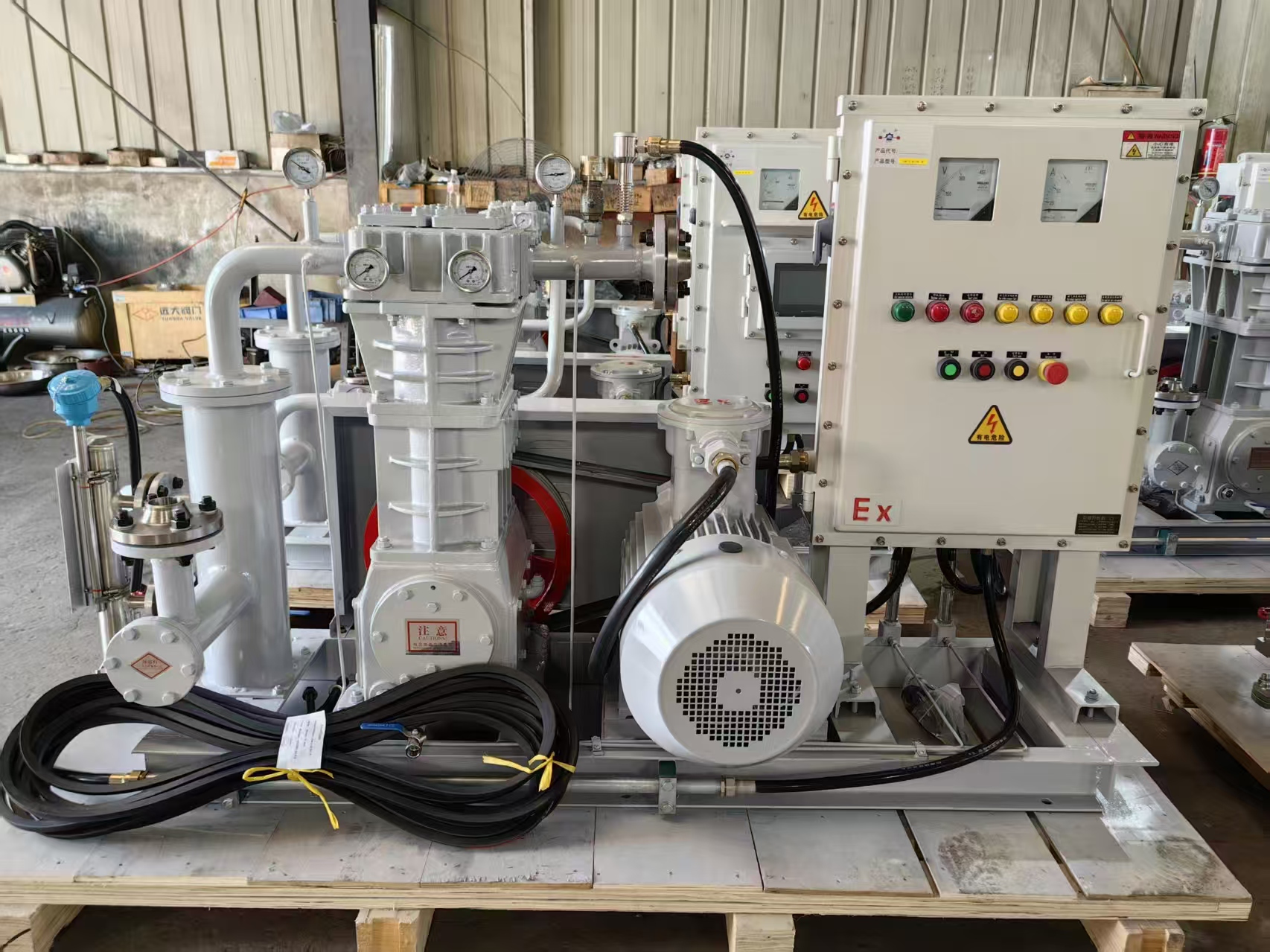
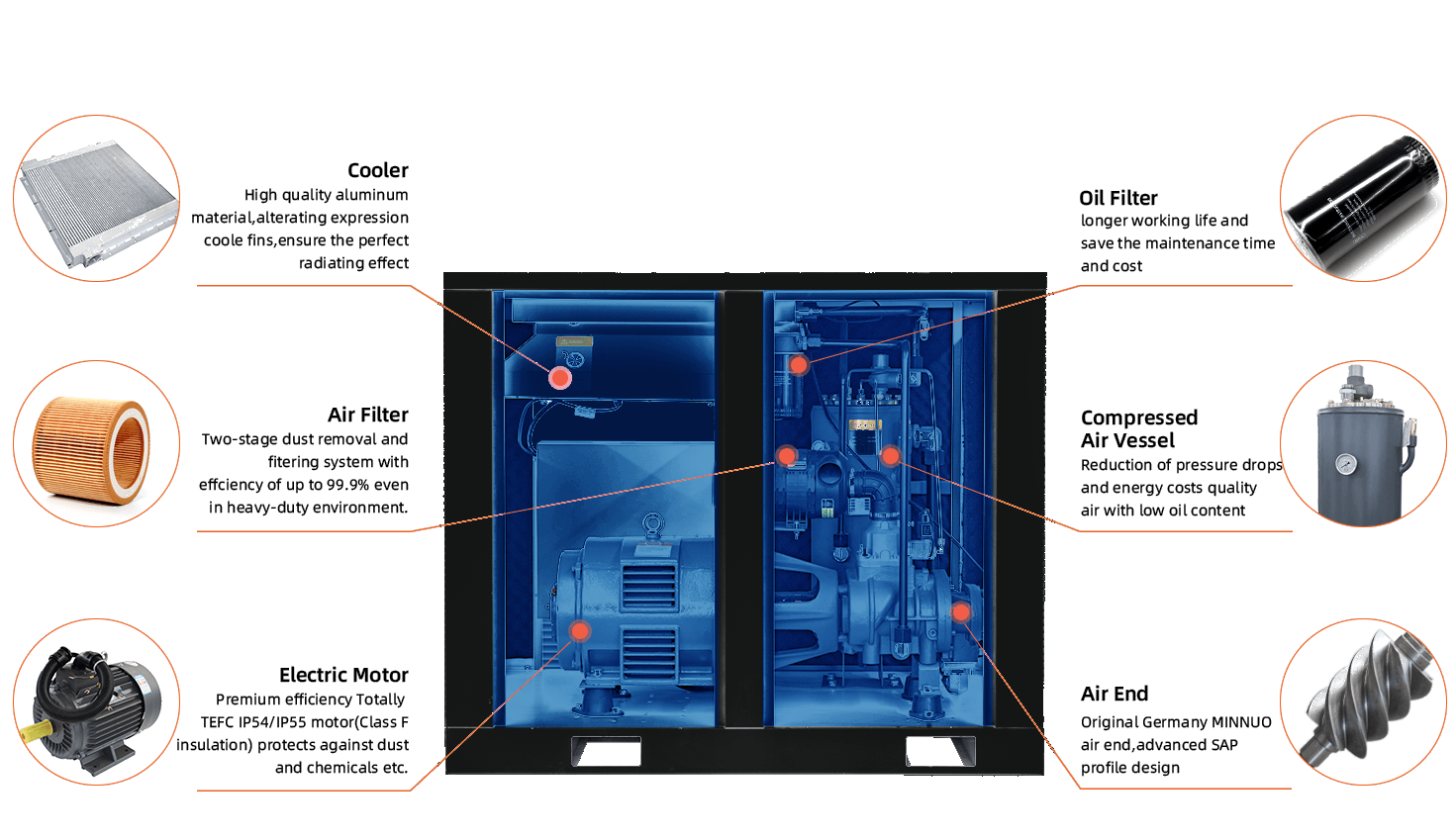
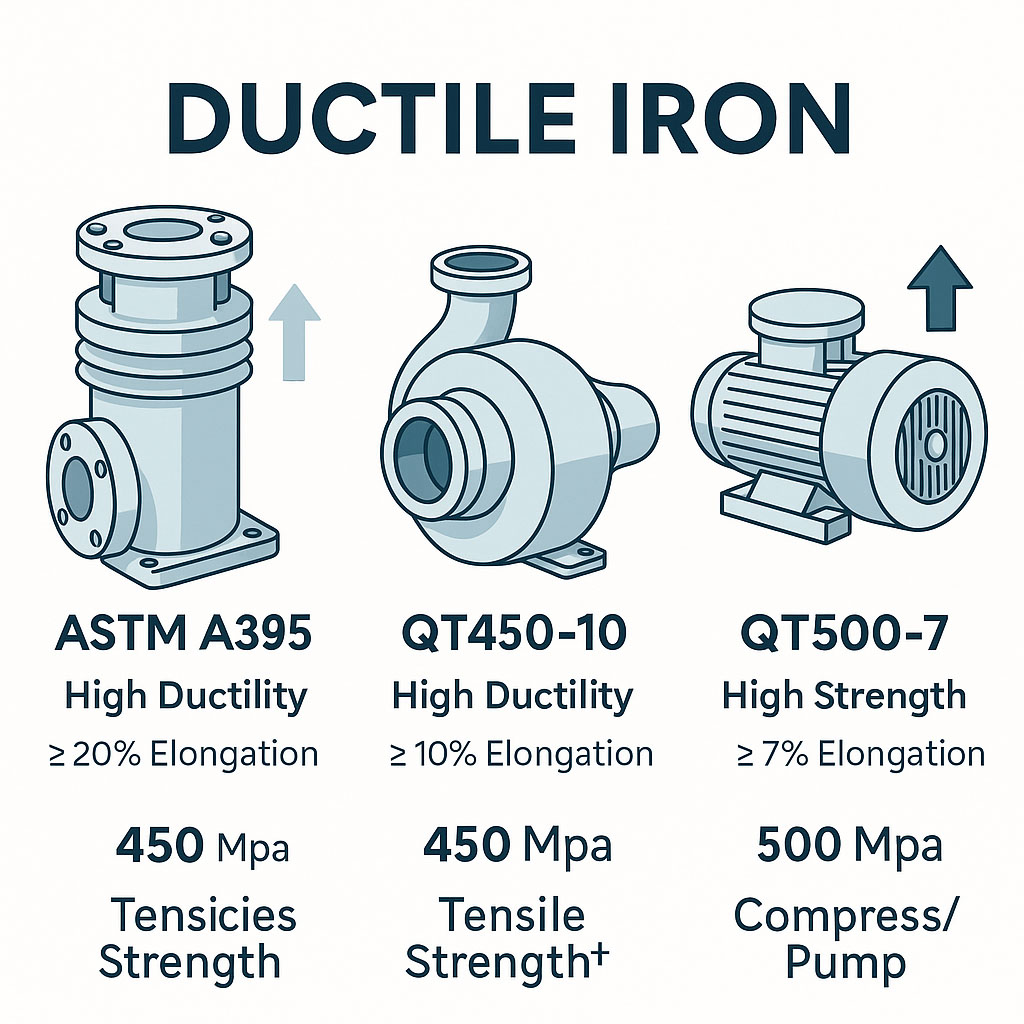






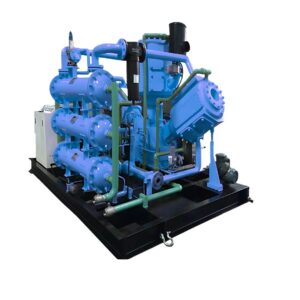
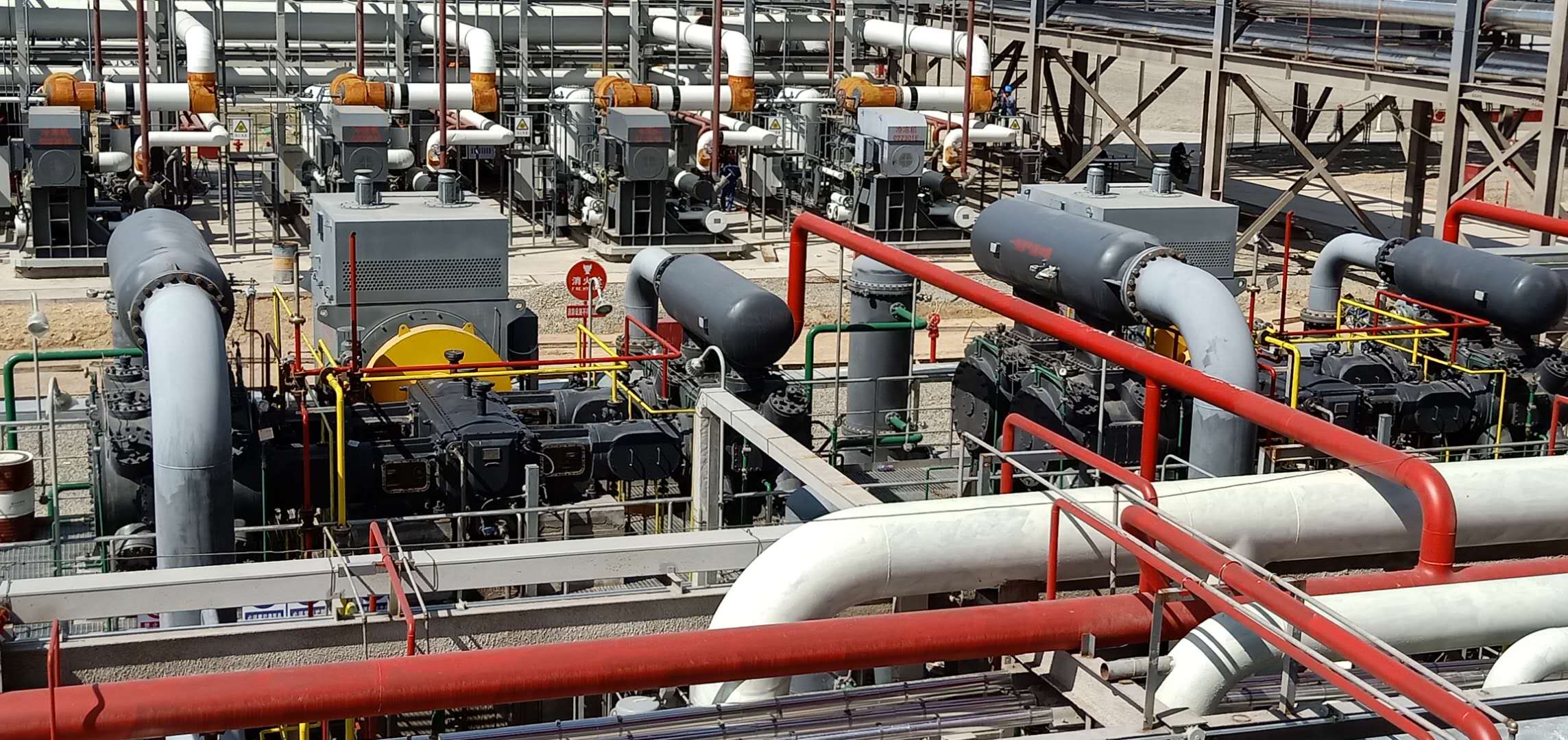 2. Maggiore velocità del suono e impatto delle pulsazioni
2. Maggiore velocità del suono e impatto delle pulsazioni